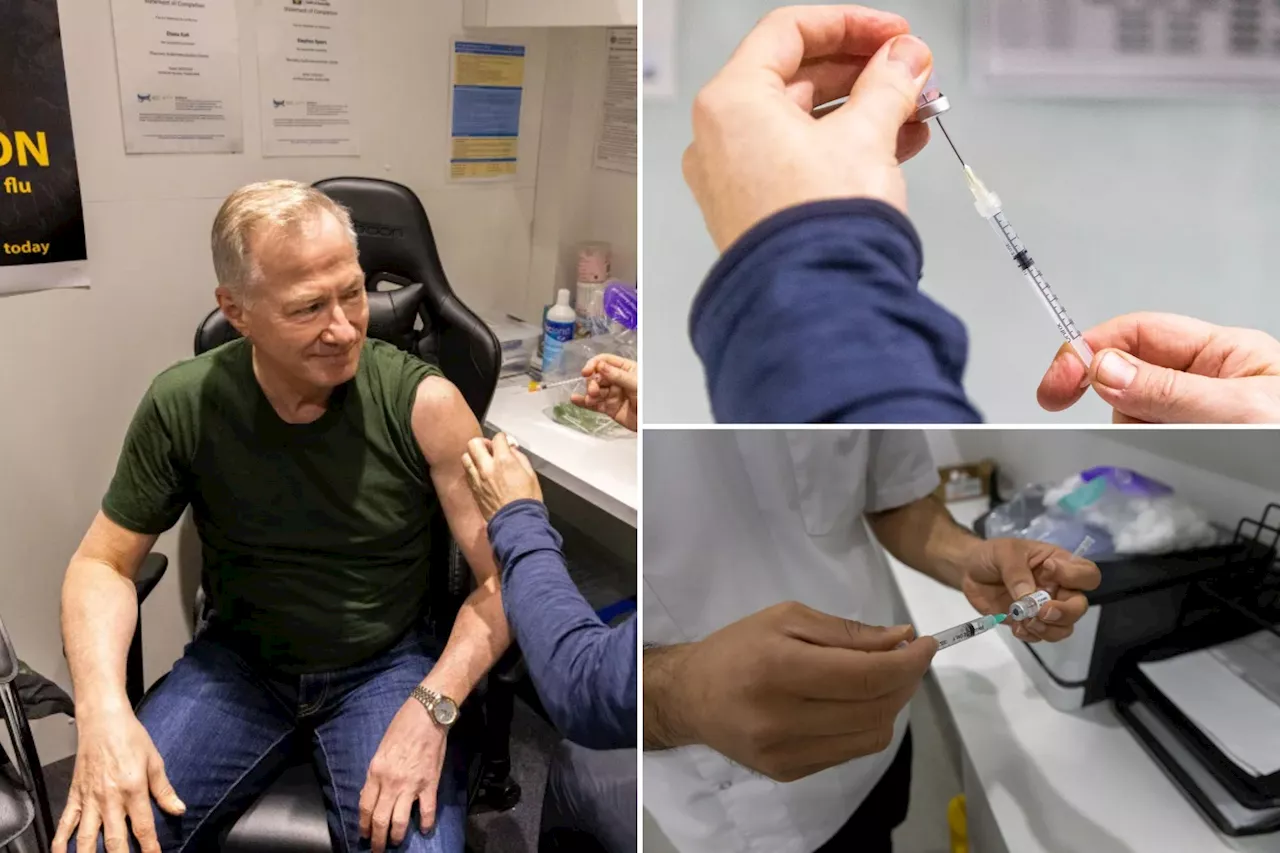Researchers find cell migration doesn't only rely on generating force. A professor of mechanical engineering and materials science found that groups of cells moved faster with lower force when adhered to soft surfaces with aligned collagen fibers.
May the force not be with you: Cell migration doesn't only rely on generating force." ScienceDaily. ScienceDaily, 9 January 2025. <www.sciencedaily.comWashington University in St. Louis. . May the force not be with you: Cell migration doesn't only rely on generating force.Washington University in St. Louis."May the force not be with you: Cell migration doesn't only rely on generating force." ScienceDaily. www.sciencedaily.
Granular matter is all around us. Examples include sand, rice, nuts, coffee and even snow. These materials are made of solid particles that are large enough not to experience thermal fluctuations. ... A professor of mechanical engineering and materials science has developed a hydrogel that delivers oxygen to a wound, which decreases inflammation, helps remodel tissue and accelerates ...
A team of polymer science and engineering researchers has demonstrated for the first time that the positions of tiny, flat, solid objects integrated in nanometrically thin membranes - resembling ... In recent years, active, self-propelled particles have received growing interest amongst the scientific community. The 'swirlon' - a novel state of active matter - displayed a stunning behavior ...Brain Cells Remain Healthy After a Month on the International Space Station, but Mature Faster Than Brain Cells on Earth
Lymphoma Immune System Brain Tumor Energy Technology Civil Engineering Materials Science Engineering And Construction
United States Latest News, United States Headlines
Similar News:You can also read news stories similar to this one that we have collected from other news sources.
 Every cell has a story: Tumor and immune cell interactions within craniopharyngiomasCraniopharyngiomas are brain tumors that negatively impact the hormonal function of the nearby pituitary. The tumor location often prevents necessary surgical intervention. Alternative pharmacological therapy requires an in-depth understanding of the tumor molecular characteristics.
Every cell has a story: Tumor and immune cell interactions within craniopharyngiomasCraniopharyngiomas are brain tumors that negatively impact the hormonal function of the nearby pituitary. The tumor location often prevents necessary surgical intervention. Alternative pharmacological therapy requires an in-depth understanding of the tumor molecular characteristics.
Read more »
 BYU researchers find contact lenses may do more than replace glassesA group of researchers at BYU have found a way to collect tears in a painless way: via contact lenses. Tears can be collected to see indicators of many diseases from Alzheimer's to diabetic complications. Collecting is a vital process of doing that.
BYU researchers find contact lenses may do more than replace glassesA group of researchers at BYU have found a way to collect tears in a painless way: via contact lenses. Tears can be collected to see indicators of many diseases from Alzheimer's to diabetic complications. Collecting is a vital process of doing that.
Read more »
 Australian Researchers May Have Found Solution to COVID-19 Immune ImprintingResearchers in Australia developing the country's first mRNA COVID-19 vaccine believe they have overcome the 'immune imprinting' issue that hinders booster effectiveness against evolving virus variants. Immune imprinting occurs when the body's initial immune response to a virus, from either vaccination or infection, becomes less effective against new strains. The Australian vaccine candidate, developed by the Monash Institute of Pharmaceutical Sciences (MIPS) and the Doherty Institute, targets the receptor-binding domain of the virus spike protein. Studies in mice showed a significantly higher antibody response to Omicron variants after receiving the mRNA RBD-TM vaccine compared to traditional ancestral COVID-19 vaccines, even after prior exposure to the virus.
Australian Researchers May Have Found Solution to COVID-19 Immune ImprintingResearchers in Australia developing the country's first mRNA COVID-19 vaccine believe they have overcome the 'immune imprinting' issue that hinders booster effectiveness against evolving virus variants. Immune imprinting occurs when the body's initial immune response to a virus, from either vaccination or infection, becomes less effective against new strains. The Australian vaccine candidate, developed by the Monash Institute of Pharmaceutical Sciences (MIPS) and the Doherty Institute, targets the receptor-binding domain of the virus spike protein. Studies in mice showed a significantly higher antibody response to Omicron variants after receiving the mRNA RBD-TM vaccine compared to traditional ancestral COVID-19 vaccines, even after prior exposure to the virus.
Read more »
 Stem Cell Transplant May Not Be Needed for MCL Patients With Undetectable Minimal Residual DiseaseNew research shows that Mantle Cell Lymphoma (MCL) patients who achieve undetectable minimal residual disease (MRD) after initial chemotherapy may not benefit from subsequent stem cell transplantation compared to maintenance therapy alone. This finding could be practice-changing as over 70% of patients in the study were MRD-negative.
Stem Cell Transplant May Not Be Needed for MCL Patients With Undetectable Minimal Residual DiseaseNew research shows that Mantle Cell Lymphoma (MCL) patients who achieve undetectable minimal residual disease (MRD) after initial chemotherapy may not benefit from subsequent stem cell transplantation compared to maintenance therapy alone. This finding could be practice-changing as over 70% of patients in the study were MRD-negative.
Read more »
 AI may help researchers with medical chart reviewResearchers trained a large language model to read medical charts, looking for signs that kids with ADHD received the right follow-up care when using new medications.
AI may help researchers with medical chart reviewResearchers trained a large language model to read medical charts, looking for signs that kids with ADHD received the right follow-up care when using new medications.
Read more »
 Bowel-cancer rates rising among younger peoplePoor diet, obesity, alcohol and smoking may be among the risk factors involved, researchers say.
Bowel-cancer rates rising among younger peoplePoor diet, obesity, alcohol and smoking may be among the risk factors involved, researchers say.
Read more »
